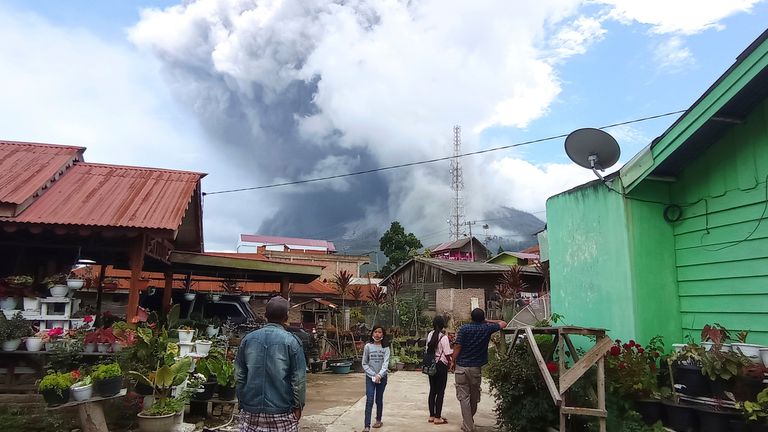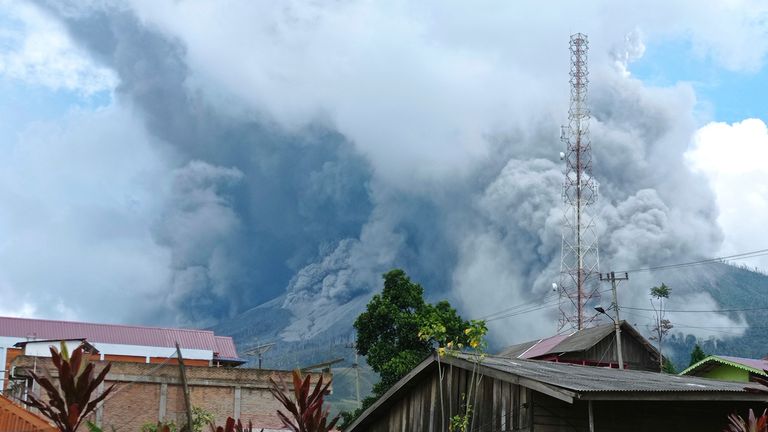Climate change threatens our survival, women farmers in Niger cry out—
Smallholder Women Farmers
By Editorial
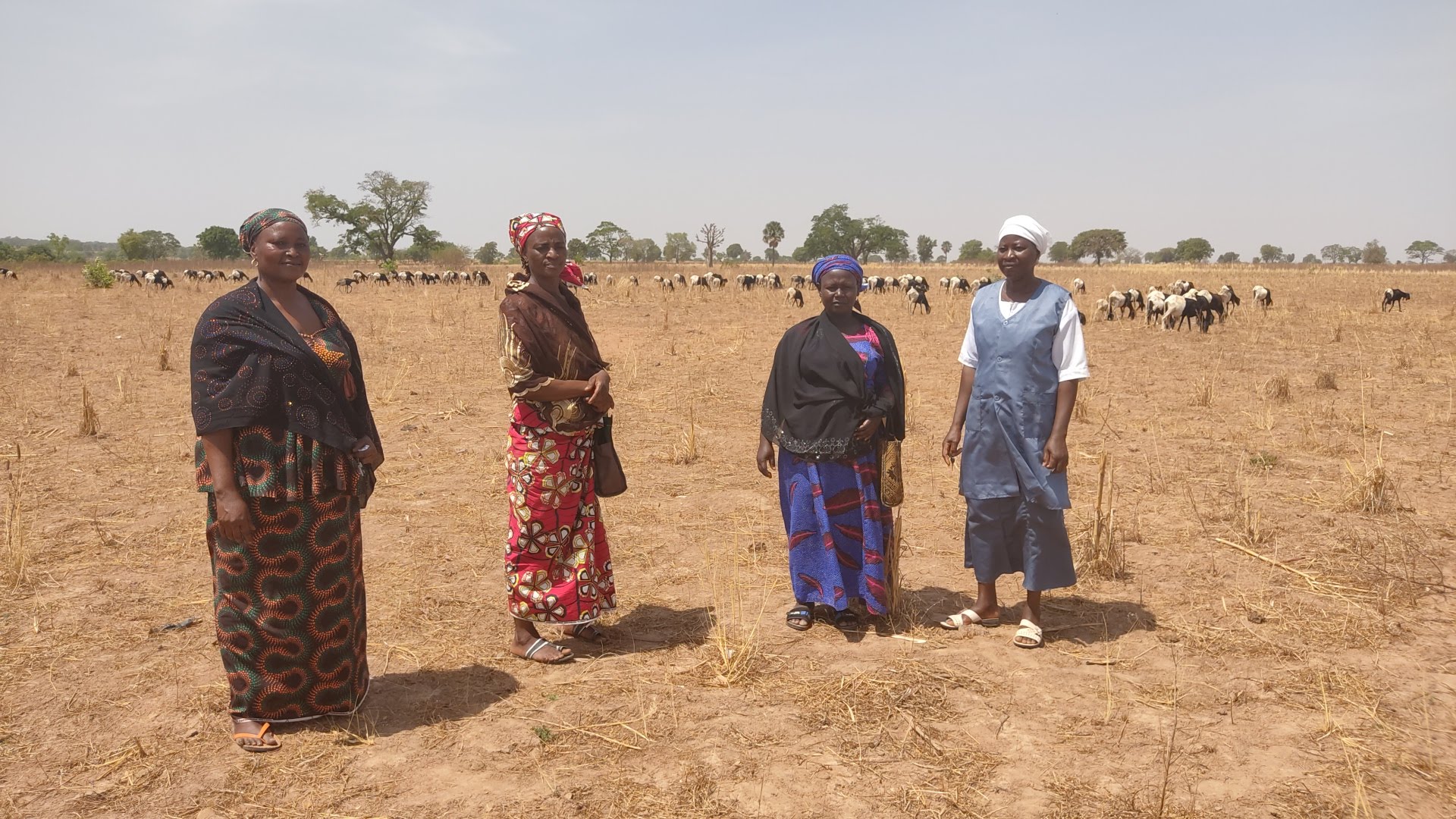
SWOFON members in Magama LGA -
FEMALE farmers in Niger State have raised alarm that Nigeria might experience a severe food crisis beginning from this year because of the adverse effects of climate change, insecurity, and other challenges. DANIEL ATORI reports.
THE late rains have left several small-scale holder farmers in Niger State vulnerable. Therefore, they have been told to use improved seedlings to boost production, but this advice has not allayed their fears.
“We used the improved seedlings and planted early but the rain which did not come has adverse effects on our farms. We are helpless and survival is critical at this time,” a woman farmer said
In the 2020 Global Hunger Index (GHI), Nigeria ranks 98th out of the 107 countries and with a score of 29.2 per cent, an indication that the country faces a serious case of hunger.
Nigerian rural female farmers account for nearly 70 per cent of agricultural workers and 80 per cent of food producers but they are at the receiving end of the negative impacts of climate change and insecurity.
FEMALE farmers in Niger State have raised alarm that Nigeria might experience a severe food crisis beginning from this year because of the adverse effects of climate change, insecurity, and other challenges. DANIEL ATORI reports.
THE late rains have left several small-scale holder farmers in Niger State vulnerable. Therefore, they have been told to use improved seedlings to boost production, but this advice has not allayed their fears.
“We used the improved seedlings and planted early but the rain which did not come has adverse effects on our farms. We are helpless and survival is critical at this time,” a woman farmer said
In the 2020 Global Hunger Index (GHI), Nigeria ranks 98th out of the 107 countries and with a score of 29.2 per cent, an indication that the country faces a serious case of hunger.
Nigerian rural female farmers account for nearly 70 per cent of agricultural workers and 80 per cent of food producers but they are at the receiving end of the negative impacts of climate change and insecurity.
A tour of five local government areas – Edati, Lapai, Lavun, Magama and Shiroro – in the three senatorial zones of Niger State exposed the need for urgent intervention from the government and other stakeholders.
Mairo Abdulmumini, Coordinator, Small-scale Women Farmers Organisation of Nigeria, (SWOFON), and 24 other women including, Dina Daniel, manage farmland at Tawale-Gwada in Shiroro Local Government Area, where they plant crops such as cassava, yam, and groundnuts.
When our reporter visited their farms, the women farmers had planted yam but they are afraid that if it does not rain on time, the yam will dry up, and eventually, they will lose their crops.
” You know now even if we do the ridges, cassava and yam require water, if you don’t have water, you can’t work on cassava and yam.
And when it finally rained, it resulted in heavy flooding that swept away our cassava farm.”
The women, therefore, appealed to the government to create more awareness and sensitisation for those of them in the rural areas so that they can have full knowledge of climate change for better and improved farming.
Michael E. Mann, one of the world’s most influential climate scientists, has noted that the world has “finally reached the point where it is not credible to deny climate change because people can see it playing out in real-time in front of their eyes”.
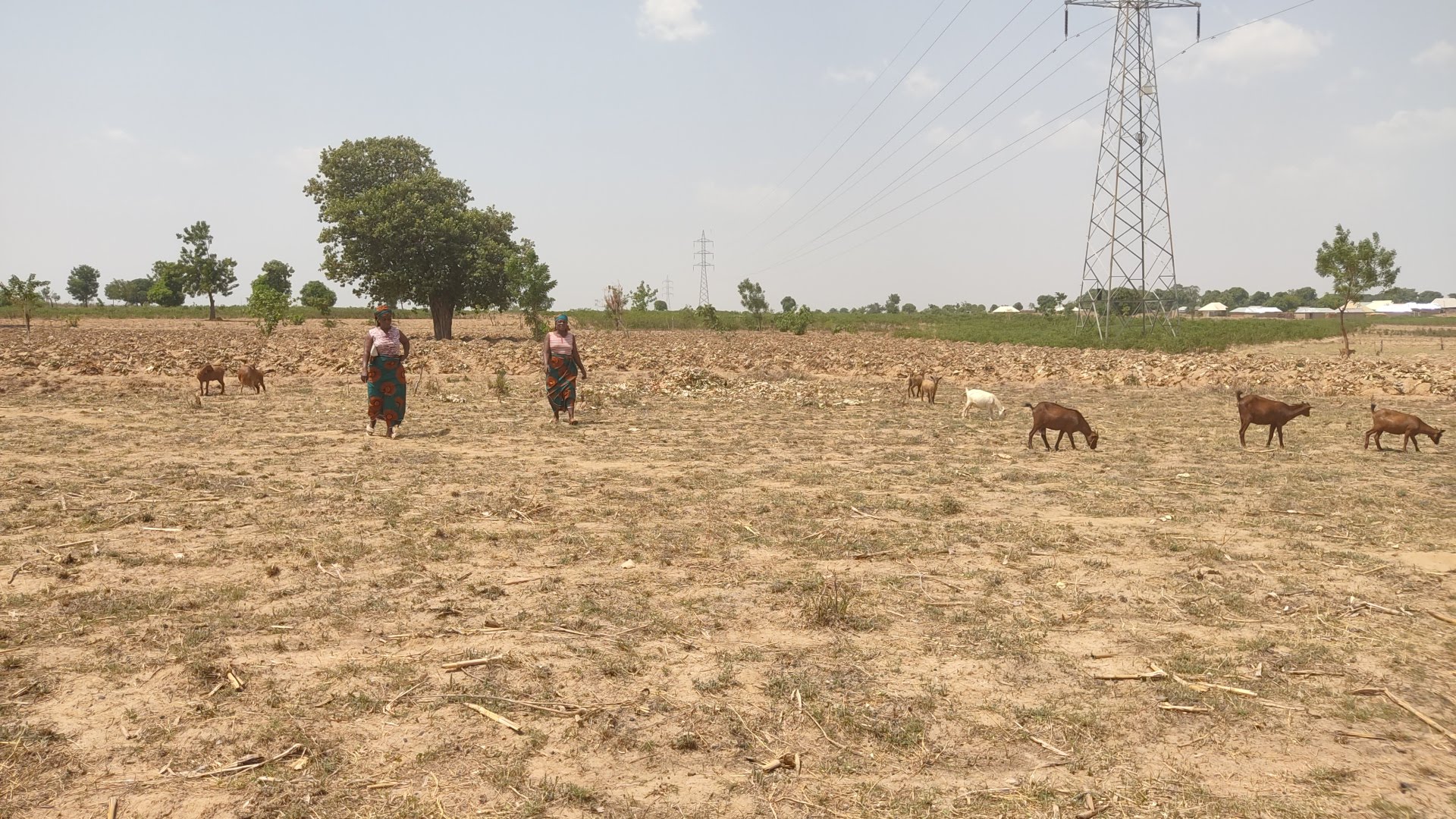
Mairo Abdulmumuni, Coordinator Shiroro LGA
The rising incident of security is another challenge. Many farmers can no longer go to farm.
“The bandits usually attack, steal our produce, destroy our farms and produce and even our stores,” Abdulmumini said.
Advertisement
According to Eunice Adeditan, SWOFON Coordinator in Lapai, most women farmers feel vulnerable and are afraid of going to their farms because of fear of attack by herders or bandits.
“Most of our women will not come out except we get men and security agents to follow us. The Fulani herdsmen used to bring their cows into our farms and eat everything and if you talk, it becomes a problem.”
The state Coordinator, Disa, said Niger State has security problems, even the SWOFON national headquarters knows about it, especially in places such as Kuta, Shiroro and Minna.
The rising incident of security is another challenge. Many farmers can no longer go to farm.
“The bandits usually attack, steal our produce, destroy our farms and produce and even our stores,” Abdulmumini said.
Advertisement
According to Eunice Adeditan, SWOFON Coordinator in Lapai, most women farmers feel vulnerable and are afraid of going to their farms because of fear of attack by herders or bandits.
“Most of our women will not come out except we get men and security agents to follow us. The Fulani herdsmen used to bring their cows into our farms and eat everything and if you talk, it becomes a problem.”
The state Coordinator, Disa, said Niger State has security problems, even the SWOFON national headquarters knows about it, especially in places such as Kuta, Shiroro and Minna.
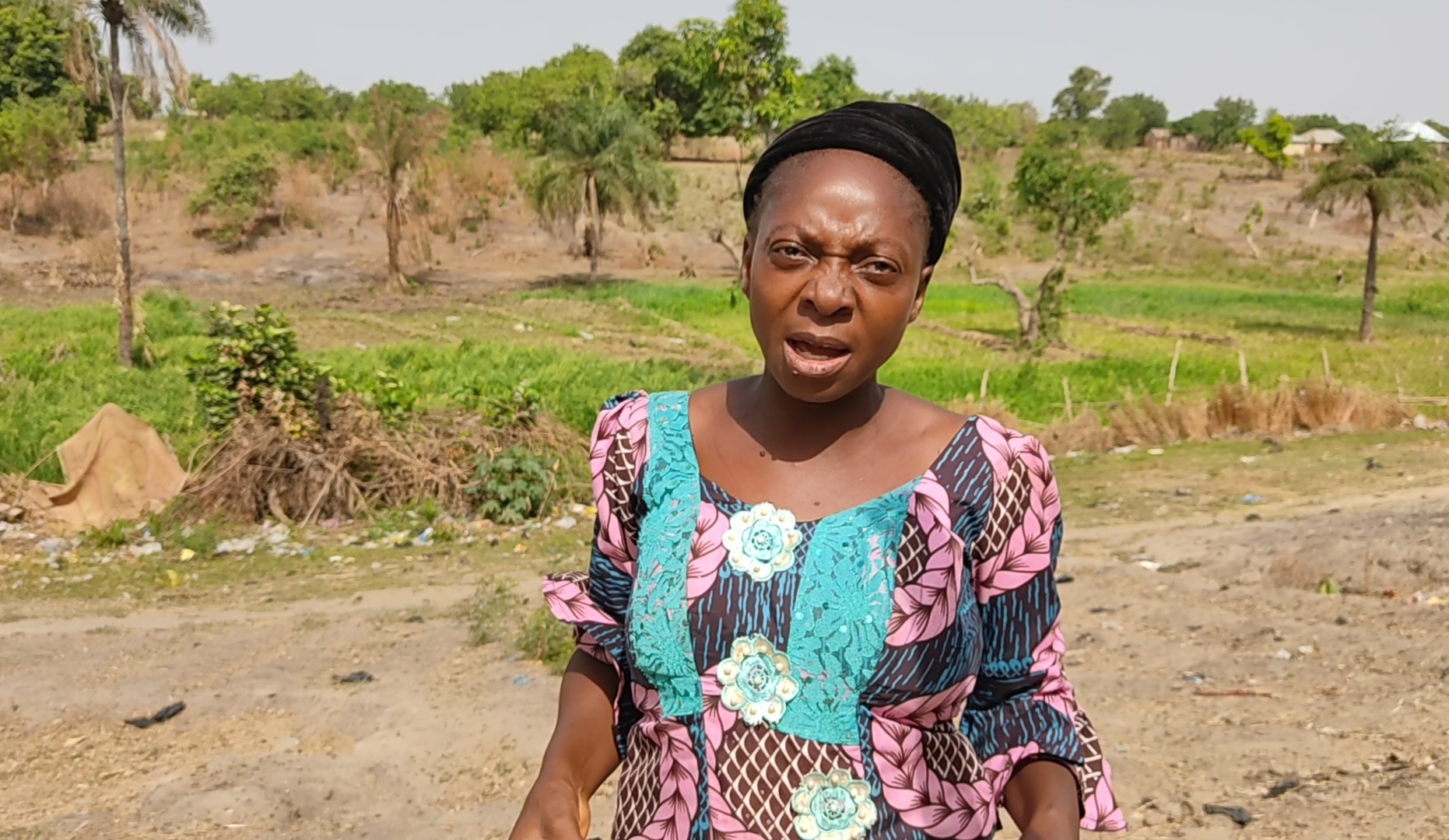
Eunice Adeditan, Coordinator Lapai LG
SWOFON also complained about the difficulty of accessing funds in terms of the agriculture budget at the state ministry of agriculture.
“I met with the director handling Planning, Agriculture Services, he told me the state ministry of agriculture under the Mechanised Section, has something for us, but they will not give us funds directly, but use the money to buy gender-friendly machines for us.
“But till now, nothing has been given to us. We are planning to meet him soon because I told him we are coming.”
The Coordinator of SWOFON in Magama Local Government Area, Dorcas Jagaban, warned that the challenges faced by many women farmers will cause prices of food to go even higher than it already is.
But there are ways through which the government can assist the women.
Head, Women in Agriculture (WIA) under the Niger State Agriculture and Mechanisation Development Authority (NAMDA), Ministry of Agriculture and Rural Development, Mrs. Rose Saba, said the government intervention through the Central Bank of Nigeria (CBN) could be helpful.
She also said that more training should be given to farmers so that they can learn how to boost their farming during the dry and rainy seasons.
•This report was made possible with support from the International Budget Partnership (IBP)
SWOFON also complained about the difficulty of accessing funds in terms of the agriculture budget at the state ministry of agriculture.
“I met with the director handling Planning, Agriculture Services, he told me the state ministry of agriculture under the Mechanised Section, has something for us, but they will not give us funds directly, but use the money to buy gender-friendly machines for us.
“But till now, nothing has been given to us. We are planning to meet him soon because I told him we are coming.”
The Coordinator of SWOFON in Magama Local Government Area, Dorcas Jagaban, warned that the challenges faced by many women farmers will cause prices of food to go even higher than it already is.
But there are ways through which the government can assist the women.
Head, Women in Agriculture (WIA) under the Niger State Agriculture and Mechanisation Development Authority (NAMDA), Ministry of Agriculture and Rural Development, Mrs. Rose Saba, said the government intervention through the Central Bank of Nigeria (CBN) could be helpful.
She also said that more training should be given to farmers so that they can learn how to boost their farming during the dry and rainy seasons.
•This report was made possible with support from the International Budget Partnership (IBP)



